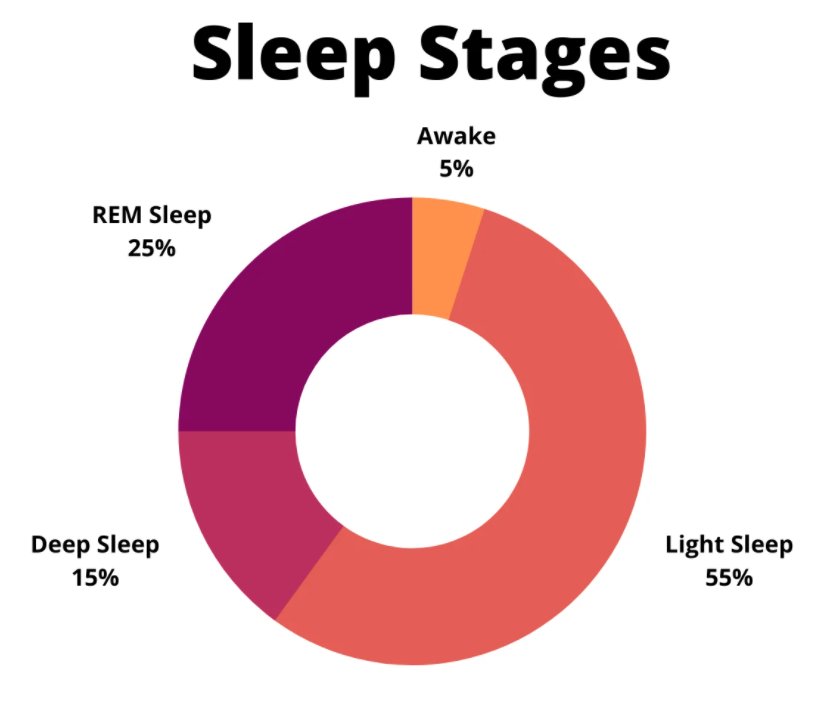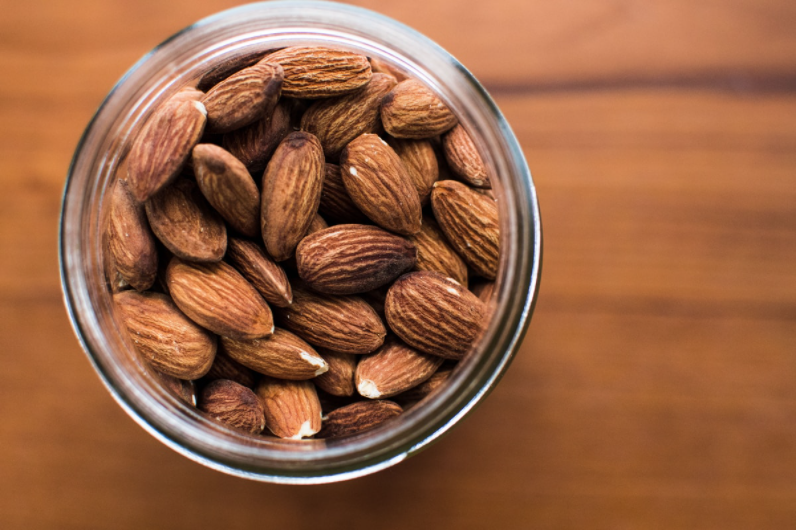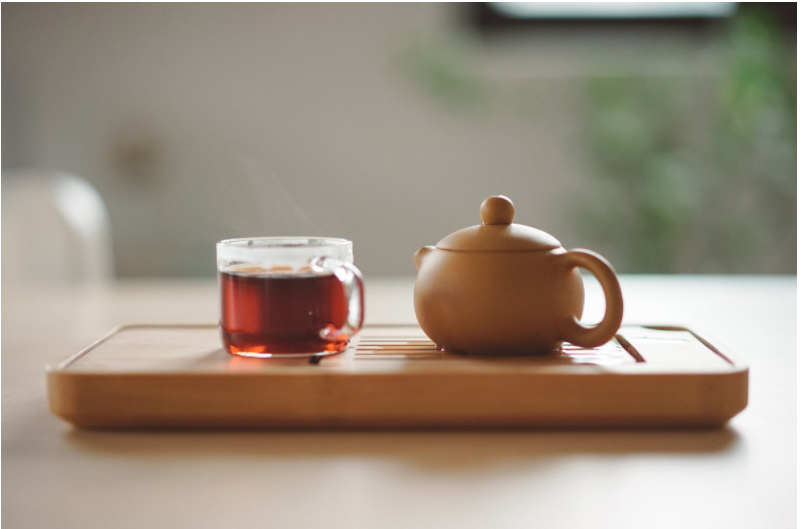7 Ways To Improve Your Sleep
When it comes to our health, sleep is just as important as nutrition and exercise for physical and mental well being.
The average adult requires 7-9 hours sleep each night. Of course there are a small minority of people who need just 6 hours and those who need 10 hours of sleep. However, research shows that getting 6 hours of sleep or less per night has a negative impact on our health long term.
Getting a good night sleep isn’t just important for our energy levels. Being sleep deprived - or carrying a sleep debt as it is sometimes called - impacts our immune health, our hormone balance, our brain health and our heart health.
A large scale study published in 2011 found that people who don’t sleep enough are at higher risk for cardiovascular disease and coronary heart disease—regardless of age, weight, smoking and exercise habits. Those with sleep apnea, insomnia and shift workers were found to be most at risk.
The Stages of Sleep
Each night, our body moves through 4 stages of sleep. The first is our brief awake stage before we fall asleep. This should last around 10-15 minutes. If this stage is shorter than this you may be over tired and going to sleep too late.
The next phase of sleep is light sleep, which is the largest sleep stage, we go in and out of light sleep through out the night.
We then go into deep sleep which should last 20-40 minutes. If you do not get enough deep sleep you will wake feeling tired.
Deep sleep focuses on your body, it is the most rejuvenating and restorative sleep stage. It helps muscle, tissue and cell growth and repair. It lowers blood pressure and helps reduce your heart disease risk.
Deep sleep is also the stage where your brain flushes out waste, creates memories and stores information.
The final stage is REM sleep, this stage is associated with dreaming, memory consolidation, learning, and problem solving.
In TCM (Traditional Chinese Medicine), the sleep wake cycle is associated with different functions of the body. If for example you wake at 2am each morning, the TCM clock would indicate an issue with detoxing and liver function.
Here are my 7 Tips For Better Sleep:
1. A Good Night Of Sleep Starts Each Morning
Your morning routine really does set you up for a good night of sleep. Getting outside in the morning, preferably as soon as we wake for at least 10 - 15 minutes can help set our biological clock. Going outside begins the process of building your sleep hormones like melatonin. his may be a little later in winter months when it doesn't get bright until 9am.
Having a good quality breakfast also allows you to balance your blood sugars and avoid a sleep disturbing sugar rush later in the day. While stretching exercising and rehydrating our bodies also helps to promote good sleep quality.
2. Eat Well To Sleep Well
Research shows that consuming foods high in melatonin can improve sleep and reset your circadian rhythm. These foods include pineapple, sour cherries and sour cherry juice, oats and walnuts.
But it’s not just melatonin, tryptophan, an essential amino acid, also helps to reduce anxiety and improve sleep.Tryptophan rich foods include turkey, rye bread, bananas, pumpkin seeds, potatoes and chickpeas.
Magnesium rich foods and potassium rich foods have also been found to improve sleep. While eating a snack consisting of protein and complex carbohydrates e.g almonds and a banana can help deep sleep.
3. Avoid Sugary Snacks Before Bed
Sugars from alcohol, simple carbs like white bread, sweets, chocolate and processed foods including crisps and salted snacks can cause inflammation and spike blood sugar. This can have a stimulating effect on our body which makes it difficult to fall asleep.
After a sugar high, comes a sugar low and the associated sugar crash during the night can wake you up during the night - depriving you of your deep sleep.
Alcohol is also dehydrating and can cause you to wake during the night with an urge to pee, it can also keep you in the light sleep phase throughout the night causing you to wake up feeling more tired than when you went to bed.
4. Manage Your Stress
If you find you are unable to get to sleep due to stress build up during the day or because your days are so busy you find yourself problem solving or list making then this tip is for you. You need to postpone your worry! I have a handout specifically for this, let me know if you would like a copy.
Gratitude journaling rather than list building has also been found to be a great way of destressing before bed.
5. Avoid Stimulating Your Brain
This includes reducing your caffeine intake during the day from foods and beverages including coffee, tea and cocoa. As caffeine takes up to 12 hours to leave your body, it is best to stop consuming it at lunchtime to enable you to get a good night's sleep.
Some people find it more difficult to break down caffeine and may need to stop drinking caffeinated drinks as early as 11am.
Caffeine isn’t the only stimulant that can keep you awake. Phones, computers, reading from back-lit devices, self help books, emotive movies and TV shows, or working late into the night stimulates your brain making it difficult to fall asleep. Exercising too close to bedtime can also disturb your sleep.
6. Create A Wind Down Routine
Begin your wind down routine 1-2 hours before you want to be asleep e.g. if you want to be asleep by 11pm start your wind down routine around 9.30pm. Starting your wind down routine at the same time every night can train your brain to fall asleep regardless of what is going on during the day.
Sleep routines can include:
Using essential oils like lavender, ylang ylang, bergamot, sage or vanilla
Making sure your room is the right temperature. A slightly cool room is best.
Wearing loose fitting clothing for comfort and to avoid being to warm or cold
Reading a (physical) book or journaling
Having a warm bath can make you feel sleepy
Drinking a sleep promoting tea such as magnolia bark, lemongrass, lemon balm or valerian root
Practicing deep breathing can help to relieve tension and improve sleep quality
Mouth taping is a great way to improve sleep if you snore, sleep with your mouth open or have nasal congestion or sinus issues.
7. Explore Complementary Therapies
Complementary and alternative therapies (CAM) including meditation, acupuncture, reflexology, reiki, IET, EFT, massage, herbal medicine and homeopathy can improve your sleep quality and reduce stress and anxiety. Research has shown that CAM therapies as well as nutrition and lifestyle change can improve insomnia and other sleep disorders.
If you are struggling with sleep issues and would like a copy of my sleep routine guide or feel you would benefit from one to one support, get in touch.





